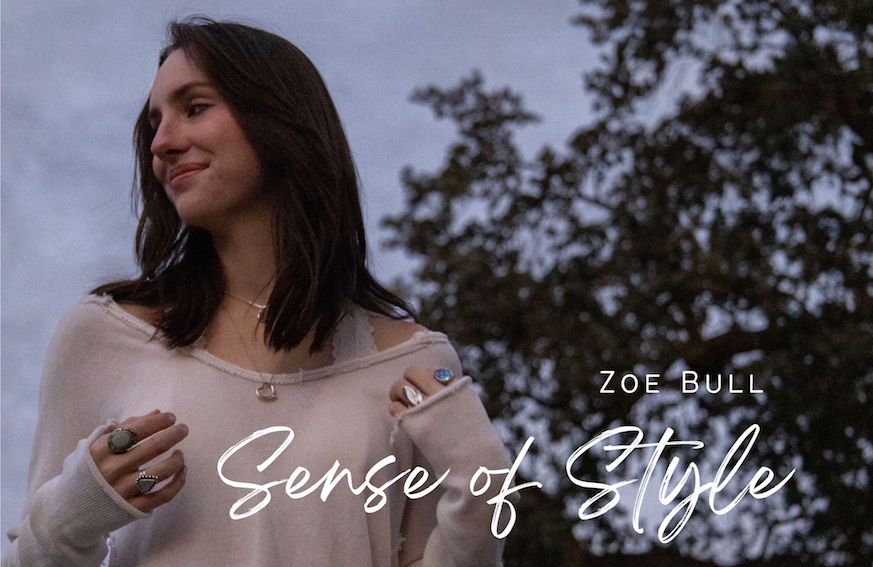Today’s blog shares it topic with Ethan Andrew’s blog, Checkpoint. He and I will cover when movies and video games start to blur together, and when adaption and imitation is done right (as well as wrong).
[media-credit name=”Courtesy of impawards.com” align=”alignright” width=”300″] [/media-credit]
[/media-credit]
Movies like to borrow tropes from games, and vice versa. Edge of Tomorrow mirrors game’s with it’s respawning idea, (though that’s a weak link). Some games feel like movies (I’m not talking about spin offs of films like Marvel movie games). Metal Gear Solid for the PlayStation One, has always seemed cinematic, like a movie to me. But the integral parts of a video game are still there. Today’s post will detail a couple movies that tie into games, movies that borrow game ideas, and why it doesn’t always seem to work.
I think game and movie creators tend to want to bounce off of different tropes and success of each medium because of their similarities. Both tell visual stories, implementing cinematography, acting, storytelling, and in some cases working with live actors and motion capture.
Video game movies are notoriously… not all that great. I haven’t seen all that many, but if you check Rotten Tomatoes and look up different ones, the ratings aren’t that positive. Nearly all candidates out there (Final Fantasy, Doom, etc.) have rotten scores (below 50%). Why is that?
Not to say all game movies are like this. The Pokémon anime is well beloved and has been running since about when I was born, and has many spin-off movies. One I personally like is a tie-in for the Professor Layton game series, Professor Layton and the Eternal Diva. It looks just like the cutscenes from the games and holds up well, it’s signature atmosphere and story still there.
In a similar vein, movies that rely heavily on the video game genre, if you will, end up with pretty mixed results as well. This summer’s Pixels got a 17% in Rotten Tomatoes from critics and 53% from the audience. The original TRON received 70%, and it’s more recent sequel, TRON: Legacy ended up just barely rotten at 51%. My personal favorite, Wreck it Ralph is certified fresh by the site with an 86% positive rating.
People continue to make video game movies that don’t live up to their source material, and games based on movies that just aren’t as good as their counterpart. Some do get it right. Some are fantastic! But they don’t always translate into each form because of how they adapt into the different mediums.
[media-credit name=”Courtesy of impawards.com” align=”alignleft” width=”213″]![]() [/media-credit]
[/media-credit]
Despite what they share, in the end, games and movies don’t always translate because of interactivity and length. Video games make the player a part of the story. Yes, you can connect to movies or books this way, but in games the player feels like they have a choice. In a sense, they are the character. They end up so emotionally invested because they are in control. They can blaze through the story or lollygag all they want. Some games give you different options that effect the ultimate story, and others let you completely become the character. Games like Skyrim, Pokémon: Mystery Dungeon. The stories of games are different than movies not just because they can run longer, or because of gameplay, but because the player can “become” the main character. Of course, that’s if the player likes the game and depending on the game’s genre and aspects, but to a degree that concept is always there.
That’s why I think they don’t always translate into movies that well. Players form their own opinions and ideas on how the character is and acts. The storyline is designed around gameplay mechanics and sometimes multiple outcomes of one story. Games can be really, really long. They’re designed to have the player keep coming back. When movies try and cram all of that into two hours, it’s bound to disappoint some people. It’s a lot like why movie adaptions of books aren’t always popular as well. Everything doesn’t carry over. Both mediums are great storytelling platforms, and both share a lot of their attributes, but they aren’t the same (which is good)!
[fusion_soundcloud url=”https://api.soundcloud.com/tracks/228003510″ params=”auto_play=false&hide_related=false&show_comments=true&show_user=true&show_reposts=false&visual=true” width=”100%” height=”150″ iframe=”true” /]
So, how can movies get adapting games right? I don’t have the answer, but I think I at least have a little tiny inkling of an idea. Movies borrow ideas from games, imitate and parody, allude, but when a movie tries to replicate every single aspect, it typically won’t work. Think outside the box, but remain in the strength of the medium. Play the atmosphere, the tropes, the iconic bits. Wreck it Ralph and Professor Layton are good examples of this. Wreck it Ralph fully delved into arcade games. It understood each game, then adapted it for movies. It worked within the concept of the games but took it further, fleshed it out, and made each work for the film. Some game’s have stories perfect for the right person to make a short or feature film out of it, while other’s just wouldn’t work.
I’m really not the best and putting this into words, but there’s my summary. Both mediums of story telling are amazing, and both have their strength. Be creative, and think outside the box! And try to figure which outlet, whether a game, movie, book, play or likewise, is the best fit to tell the story you want to share. If you can mesh games and movies, go for it!
Be sure to check for Ethan’s point of view on the matter this coming Friday on his blog.
To read more from Frame Rate, check out Thinking inside (out) of the box.



